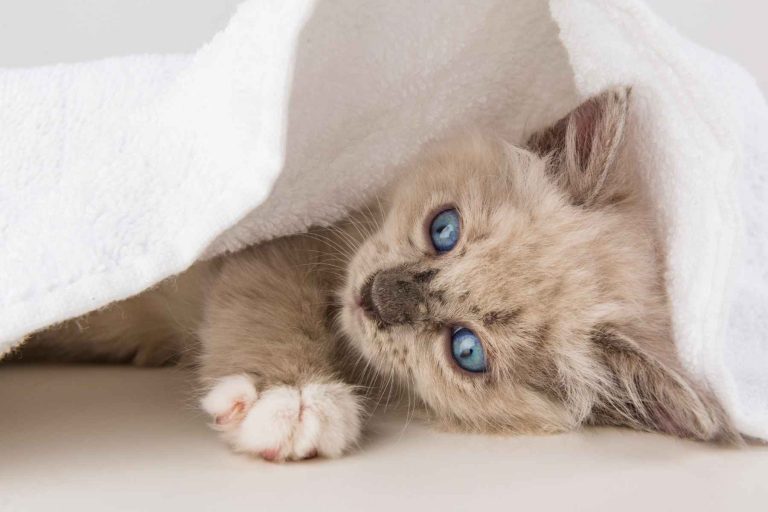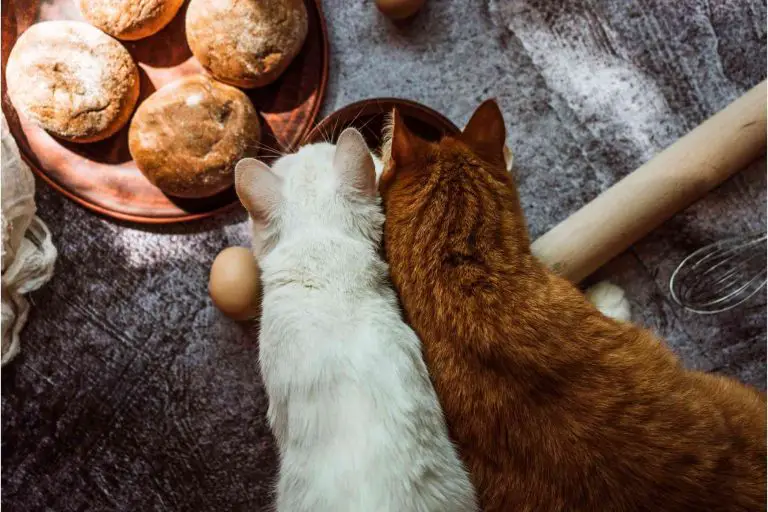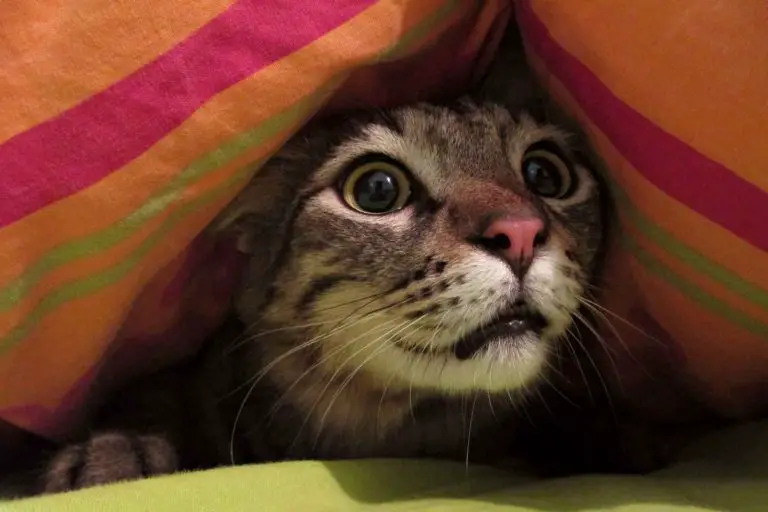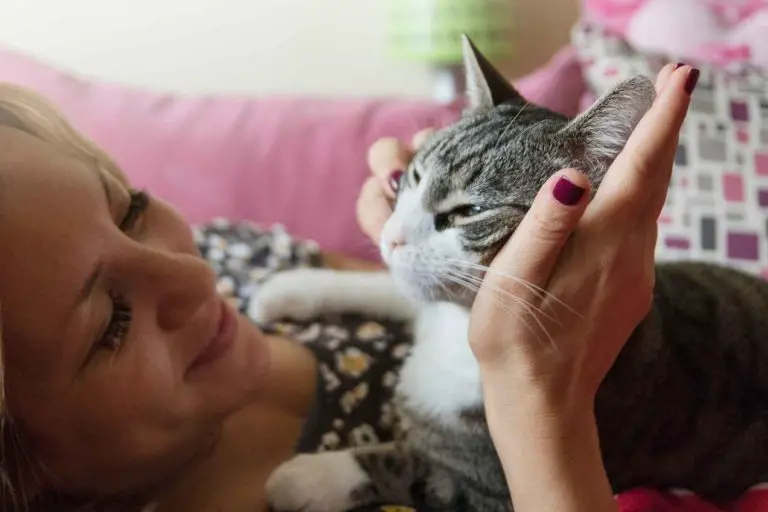Why Is My Cat Peeing in the House? [Cat Urinating Outside the Litter Box]
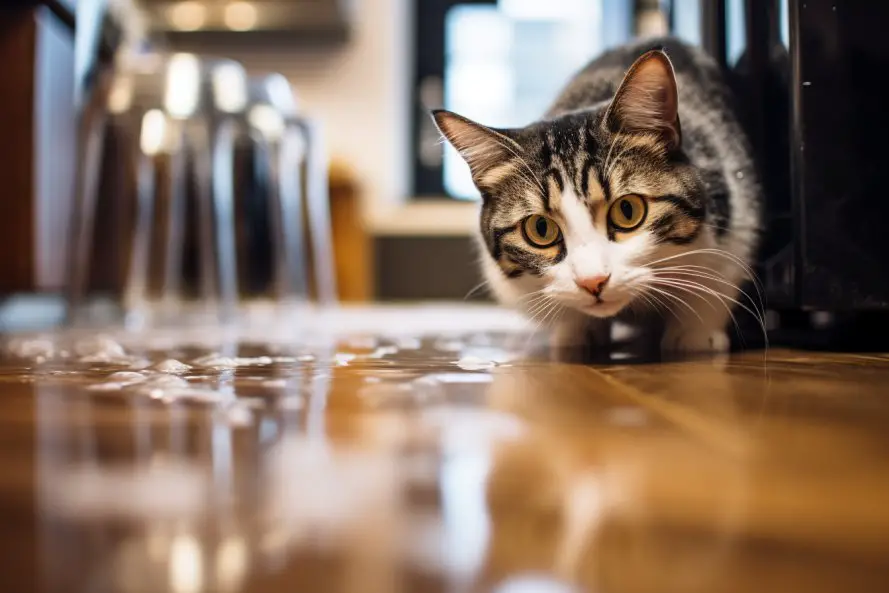
Dealing with a cat that has suddenly started peeing in the house can be both frustrating and concerning for pet owners. There could be a variety of reasons behind this behavior, and it’s crucial to identify the root cause in order to effectively tackle the issue. This article aims to explore some of the possible reasons for inappropriate urination and offer solutions to help you manage the situation.
Cats might develop a preference to pee inside the house due to medical, behavioral, or environmental factors. Medical issues, such as urinary tract infections or kidney problems, can cause discomfort and impact a cat’s ability to control their bladder. In such cases, prompt veterinary care is essential for your cat’s health and well-being.
Behavioral and environmental factors that contribute to house-soiling include stress, anxiety, or issues with litter box hygiene. Assessing your cat’s living conditions and understanding their emotional triggers can help in addressing the root cause and promote more appropriate urination habits. As we delve further into this topic, we’ll explore practical tips and recommendations to help you and your feline companion live in harmony.
Common Reasons for Inappropriate Urination
Medical Conditions
In many cases, inappropriate urination in cats can be traced back to medical issues. Urinary tract infections (UTIs), bladder stones, and kidney problems, such as kidney stones, are common culprits. Additionally, metabolic diseases like diabetes can cause increased urination and urgency, leading to accidents in the house.
Older cats may experience mobility issues or discomfort, making it difficult for them to reach the litter box in time. This is particularly pertinent for cats with arthritis or other age-related health problems.
Behavioral Issues
Behavioral reasons can also contribute to a cat peeing in the house. Stress and anxiety are common triggers for inappropriate urination among felines. In multi-cat households, jealousy or territorial disputes can cause a cat to mark their territory outside the litter box. If you suspect your cat’s behavior might be the issue, it’s a good idea to consult with a behaviorist to address any underlying emotional triggers.
Litter Box Issues
Lastly, litter box problems can lead to cats urinating in the house. Some possible factors include:
- An unclean or poorly maintained litter box
- A litter box that is too small or difficult to access
- A change in the type of litter used
- The location of the litter box being unfavorable (e.g., too close to loud appliances or in an area with high foot traffic)
It’s crucial to ensure that your cat’s litter box is clean, appropriately sized, and filled with a type of litter they prefer. Additionally, placing the litter box in a quiet, low-traffic area can help alleviate any hesitations your cat might have about using it.
Addressing Medical Causes
Urinary Tract Infections
One of the reasons a cat may be peeing in the house could be a urinary tract infection (UTI). When suffering from a UTI, cats may experience discomfort and difficulty in using their litter box because of the pain related to the infection. A vet can diagnose a UTI and prescribe antibiotics to treat the infection. Ensuring the cleanliness of the litter box and the environment can also help prevent recurring UTIs.
Diabetes
Diabetes is another medical condition that can lead to cats peeing in the house. A cat with diabetes may drink more water than usual, leading to increased urination. This can cause them to have accidents outside of their litter box. Proper management of diabetes through insulin injections, diet changes, and maintaining a clean and properly-sized litter box can help control this behavior. Consult with a veterinarian if you suspect diabetes in your cat.
| Diabetes symptoms |
|---|
| Increased thirst |
| Increased urination |
| Weight loss |
| Lethargy |
Liver and Kidney Issues
Cats with liver or kidney issues may also have difficulties using their litter box. These health problems can cause increased urination, mobility issues, or pain when trying to access the box. If you suspect liver or kidney issues in your cat, consult with a veterinarian for diagnosis and treatment recommendations. Making adjustments to the cat’s environment, such as providing a more accessible litter box and keeping it clean, can help mitigate the issue.
| Liver issues symptoms | Kidney issues symptoms |
|---|---|
| Jaundice | Increased thirst |
| Loss of appetite | Weight loss |
| Swollen abdomen | Bad breath |
| Weight loss | Poor coat quality |
Other factors, such as arthritis, stress and anxiety, and metabolic diseases, can also contribute to a cat peeing in the house. It is essential to consult with a veterinarian to determine the underlying cause and find a solution. By addressing medical conditions and ensuring a clean and comfortable environment, you can help alleviate the problem and keep your cat healthy.
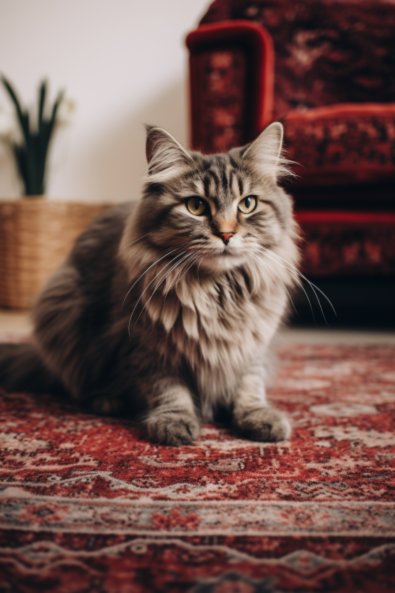
Frequently Asked Questions
What are some reasons why my cat may start peeing in the house, outside of the litter box?
Several factors might cause your cat to start peeing outside of the litter box. This includes medical issues, such as urinary tract infections or kidney problems. Stress or changes in the home environment can also be a trigger. In addition, issues related to the cleanliness or location of the litter box may lead to this behavior.
How do I stop my cat from peeing on the floor and using the litter box instead?
There are several ways to stop your cat from peeing on the floor. Firstly, ensure you keep the litter box clean and appealing for your cat. This typically includes daily scooping and regular replacement of all the litter. Also, make sure the box is easily accessible and in a comfortable location for the cat. If these basic steps don’t help, it may be helpful to consult with a vet to rule out any medical issues.
My cat is now peeing outside the litter box, should I get another cat to share the litter with him so he learns to pee in the box?
Getting another cat to use the litter box together may not necessarily help, and could potentially lead to more stress and territorial issues. Cats like to have their own space, so they usually prefer having their own litter box. If you have more than one cat in your home, it’s recommended to have one litter box per cat for them to comfortably use.
What type of litter box is less likely to make cats pee outside of it?
The type of litter box can indeed influence whether a cat chooses to pee outside of it. Some cats prefer open boxes without a lid or cover, while others may feel more secure with a cover. The size of the box can also be a factor, as cats usually prefer larger boxes. However, it can largely depend on the individual preferences of each cat.
Can neutering or spaying affect my cat’s tendency to pee outside of the litter box?
Yes, neutering or spaying a cat can often help in resolving or preventing issues with urinating outside of the litter box. Neutering male cats can particularly help in reducing marking behaviors, where they might spray urine around the house.
Why does my cat urinate outside the litter box even after it has been cleaned?
Even after cleaning the litter box, your cat may urinate outside if it doesn’t like the type of litter, the location of the box, or if there’s too much or too little litter in the box. Some cats might also do this due to stress or anxiety. Furthermore, some medical conditions could cause a cat to urinate frequently or urgently, leading them to go outside the box. It’s recommended to take your cat to the vet to rule out any medical conditions in such cases.
Is there a difference between my cat peeing outside the litter box and spraying?
Yes, there is a difference between a cat peeing and spraying. When a cat pees, it normally squats and produces a large amount of urine on horizontal surfaces, while spraying involves the cat standing upright and marking a vertical surface with a smaller amount of urine. Spraying is often a way of marking territory and is more common in unneutered male cats, but both male and female cats can spray.
How can I clean an area where my cat has urinated to stop it from peeing there again?
To clean an area where your cat has urinated, you should use an enzymatic cleaner, as they’re designed to eliminate the odors that draw cats back to the same area. Additionally, if the cat is peeing on a rug or carpet, it may be helpful to also use a pet-friendly deterrent spray on the area after cleaning, to discourage the cat from urinating there again.
How can I discourage my cat from peeing outside the litter box?
There are several ways to discourage your cat from peeing outside the litter box. Ensuring that the box is kept clean, using a litter type that your cat prefers, and placing the box in a quiet, accessible location can help. In addition, incorporating behavioral modifications or alleviating stress with tools like calming diffusers can also help. Consult with a vet to ensure there are no underlying medical issues.
Will providing my cat with cat trees and more space help to stop it from peeing in the house?
Yes, providing more vertical space like cat trees can help, especially in a multi-cat household. It can help decrease stress levels by providing cats more territory. However, this alongside other measures like maintaining the cleanliness of the litter box, vet check-ups and behavioral intervention will provide a comprehensive solution.


